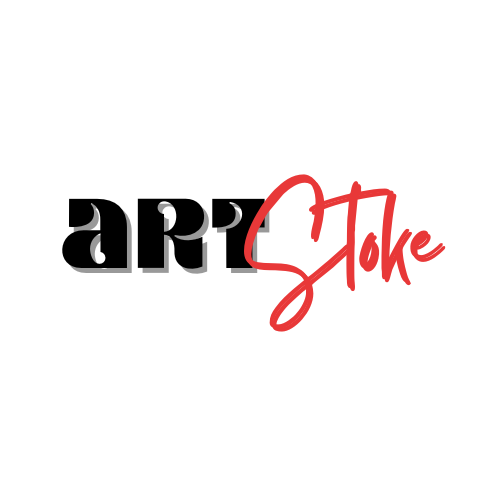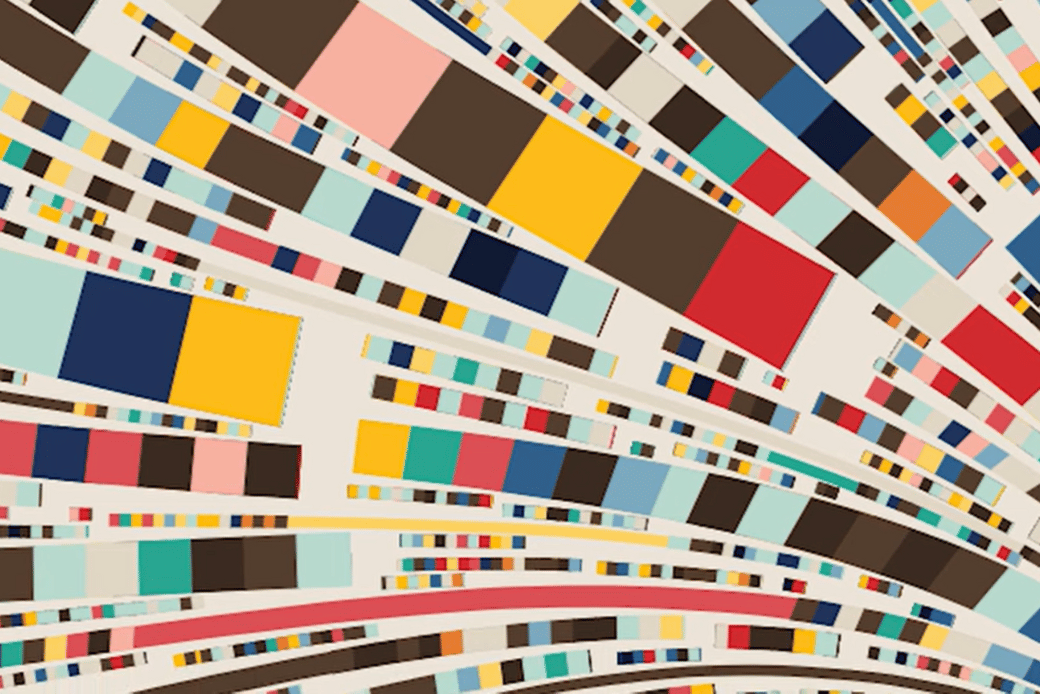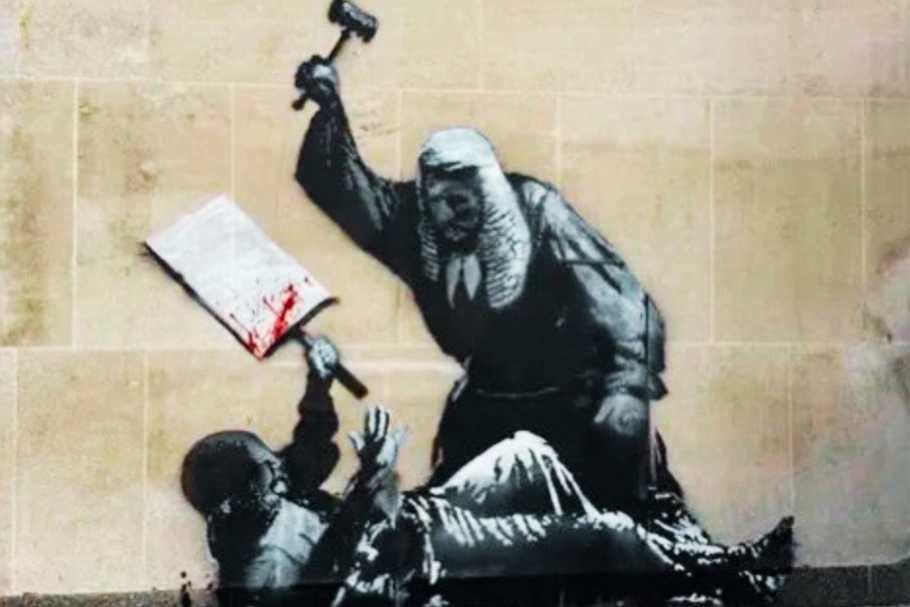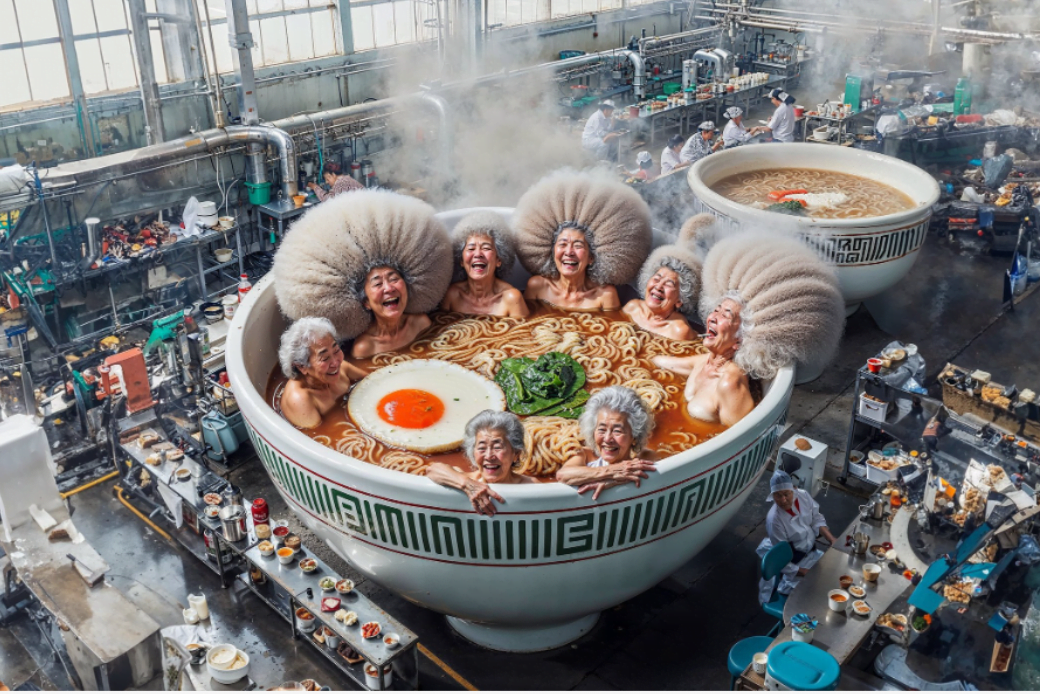Minting NFTs (Non-Fungible Tokens) that sell often involves a combination of factors that cater to the interests and preferences of the NFT market and their collectors. Here are 12 key success factors to consider when creating NFTs you love:
Quality and Uniqueness
Your NFT should be of high quality and offer something unique. This could be in the form of original artwork, rare digital items or a novel concept that stands out from the crowd.
“CryptoPunks” are one of the earliest examples of successful NFTs. These 24×24 pixel art characters gained popularity due to their uniqueness and historical significance within the NFT space. The creators of CryptoPunks, Larva Labs, intended to pay homage to the history of digital art and internet culture. By using a design reminiscent of the earliest pixel art, they positioned CryptoPunks as pioneers in the NFT space, adding an air of historical significance to these digital collectibles.

Artistic and Creative Merit
Your NFT should showcase a level of skill, creativity and care that resonates with potential buyers. How you present your NFT also matters. High-quality visuals, thoughtful descriptions, and well-crafted metadata can make your NFT more appealing to potential buyers.
Beeple’s “Everydays: The First 5000 Days” is a collage of 5,000 digital artworks created over as many days. Its artistic depth and the artistic commitment behind the project contributed to its record-breaking sale at auction.
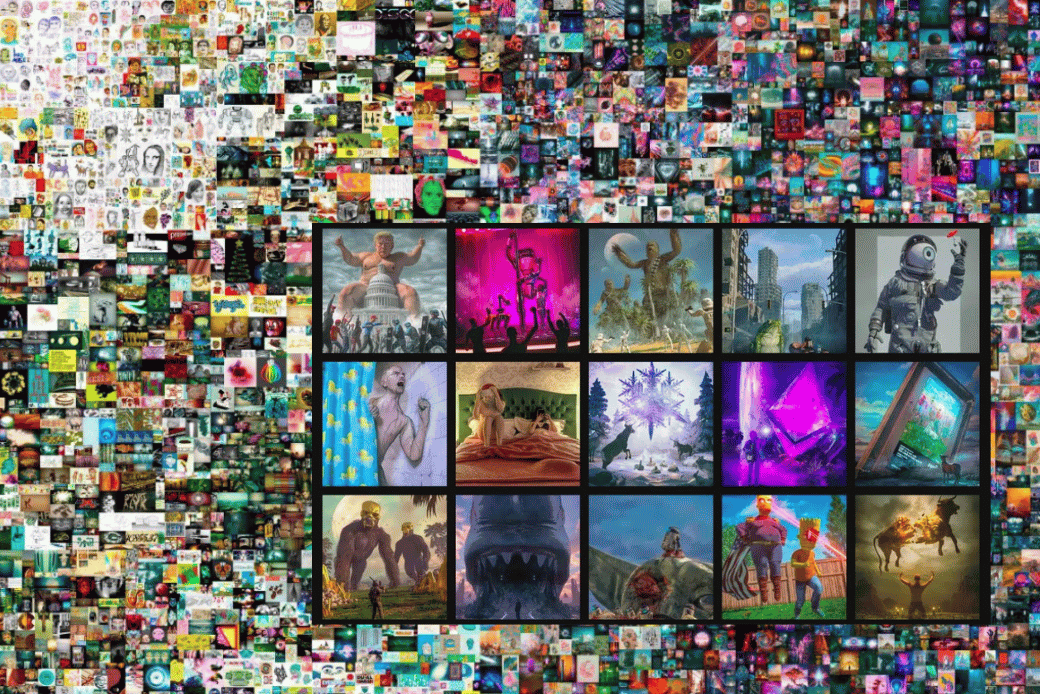
Storytelling
People are more likely to buy something that has a story, framing narrative, emotional resonance, or context that they can relate to.
The Hashmasks project by Suum Cuique Labs is a collection of 16,384 unique masks that were created by a team of anonymous artists. Each mask has a unique backstory that is revealed when it is minted. There are also subtle messages on each token for token owners to decipher.
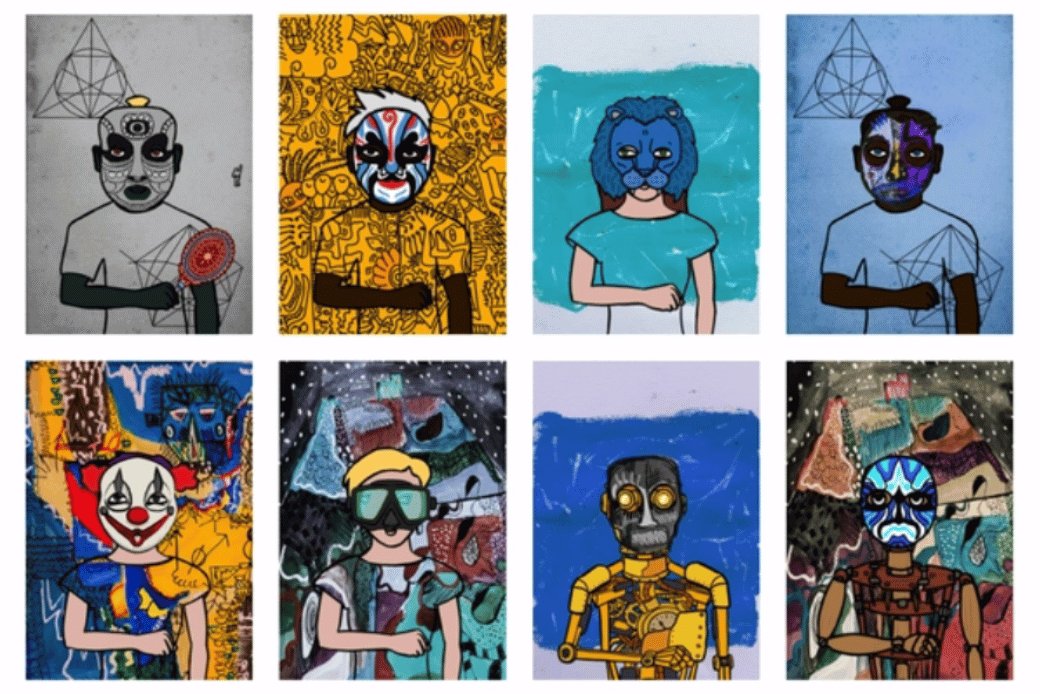
Scarcity and Limited Editions
Creating scarcity can drive demand. You can mint limited editions of your NFTs, with each edition having a set number of copies. Scarcity can increase perceived value.
The NBA Top Shot is a platform that allows users to collect and trade digital trading cards of NBA moments. Each card is unique and cannot be replaced.
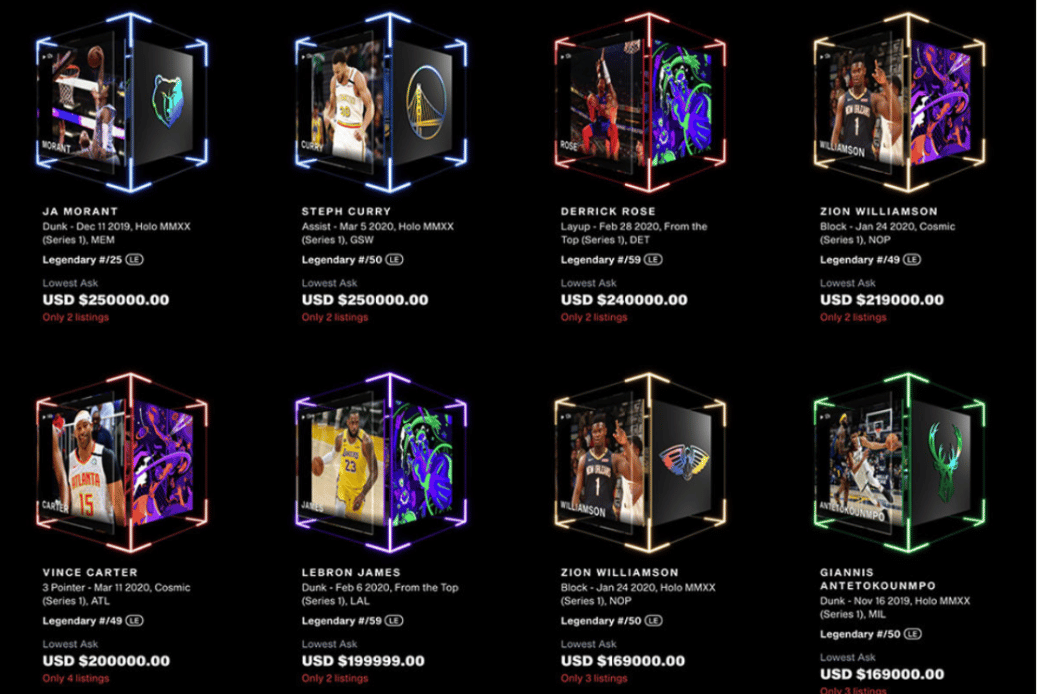
Established Social Presence, Social Engagement and Community Building
Having an established online presence on platforms like X.com (formerly Twitter), Instagram, Discord, or TikTok can help you promote your NFTs effectively. Interact with your followers, fans and audience, respond to comments, and build personal connections and a community around your work. Engaged followers are more likely to support your NFT launches.
“Go beyond the generic DMs and think outside the box. Some of the most memorable interactions I’ve had with artists came from their inventive approaches to connection.”
The collector called “Artifaction” from the article “Collector Spotlight: Artifaction” (SuperRare.com)

Collaborations and Partnerships
Collaborating with other artists or influencers can expand your reach and introduce your work to a broader audience.
Musicians such as 3LAU have released albums as NFTs, combining music with unique digital collectibles, enhancing the value and experience for fans.
The World of Women project is a collection of 10,000 NFTs that were created by Yam Karkai. The project has partnered with a number of organizations, including the Malala Fund and the Sheryl Sandberg & Dave Goldberg Family Foundation.
The Out of Africa NFT Collection is a successful collaboration that provided exposure for a range of Southern African artists.

Utility and Interactivity
Some NFTs offer utility beyond being just digital collectibles. They might grant access to exclusive content, virtual experiences, or even real-world events. Adding a functional aspect can attract more interest.
“Decentraland” is a virtual world built on blockchain technology. Land parcels within Decentraland are NFTs that owners can develop, monetize, and interact with. The Sandbox is another virtual world where users can create, build, and play games. The platform uses NFTs to represent in-game assets, such as land, avatars, and items.
Players in Sam Spratt’s “IX. The Monument Game” were required “to give something of themselves” by making an observation on the artwork. This involved sharing in writing something personally resonant about the section of artwork chosen. The winning three observations received a coveted mask of Luci and could then choose to take a seat at the Monument Game’s council of Luci.
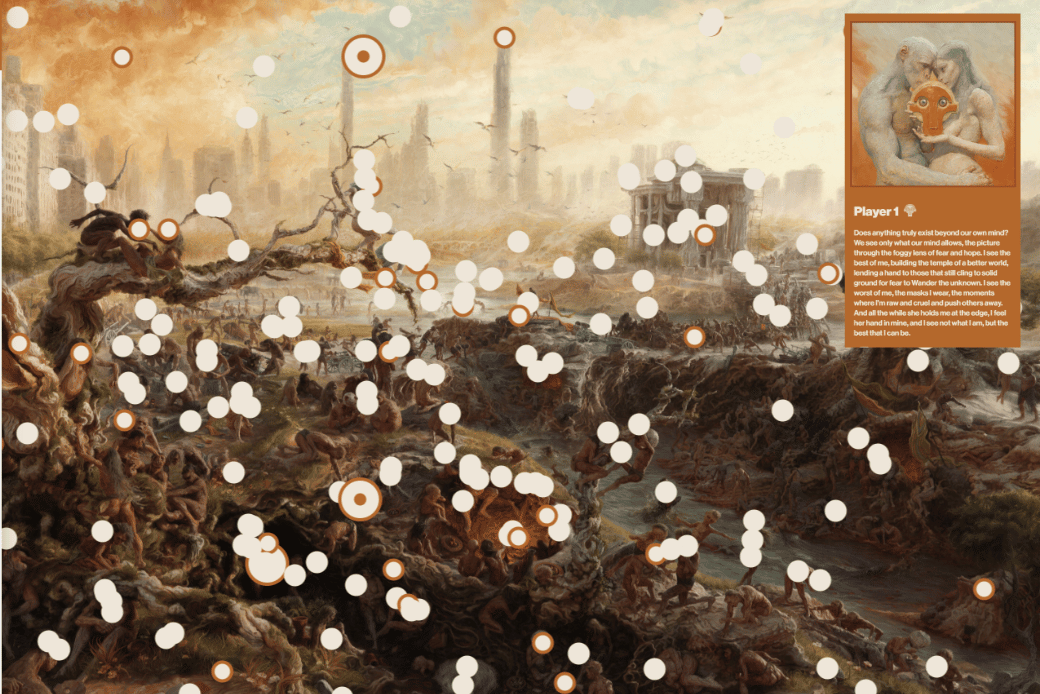
Market Research and Timing
Understand what’s trending and in demand within the NFT space. Research successful NFT projects to identify patterns and preferences that you can incorporate into your work. Launch your NFTs strategically. Align your releases with events, holidays or trends that might enhance their appeal.
The generative art platform “Art Blocks” was launched after observing a demand for algorithmically generated NFTs within the community. It set out to prove that art made with algorithms can be complex and genuinely aesthetically compelling.

The Bored Ape Yatch Club (BAYC) was launched in April 2021, at a time when the NFT market was starting to gain traction. The project quickly became popular, and the apes were sold out within minutes. The NFT market was still in its early stages, so there was a lot of excitement and interest in new projects. It was also well-executed, with high-quality artwork and a strong community. The project was launched at a time when celebrities and influencers were starting to get involved in the NFT space, which helped to generate even more buzz.
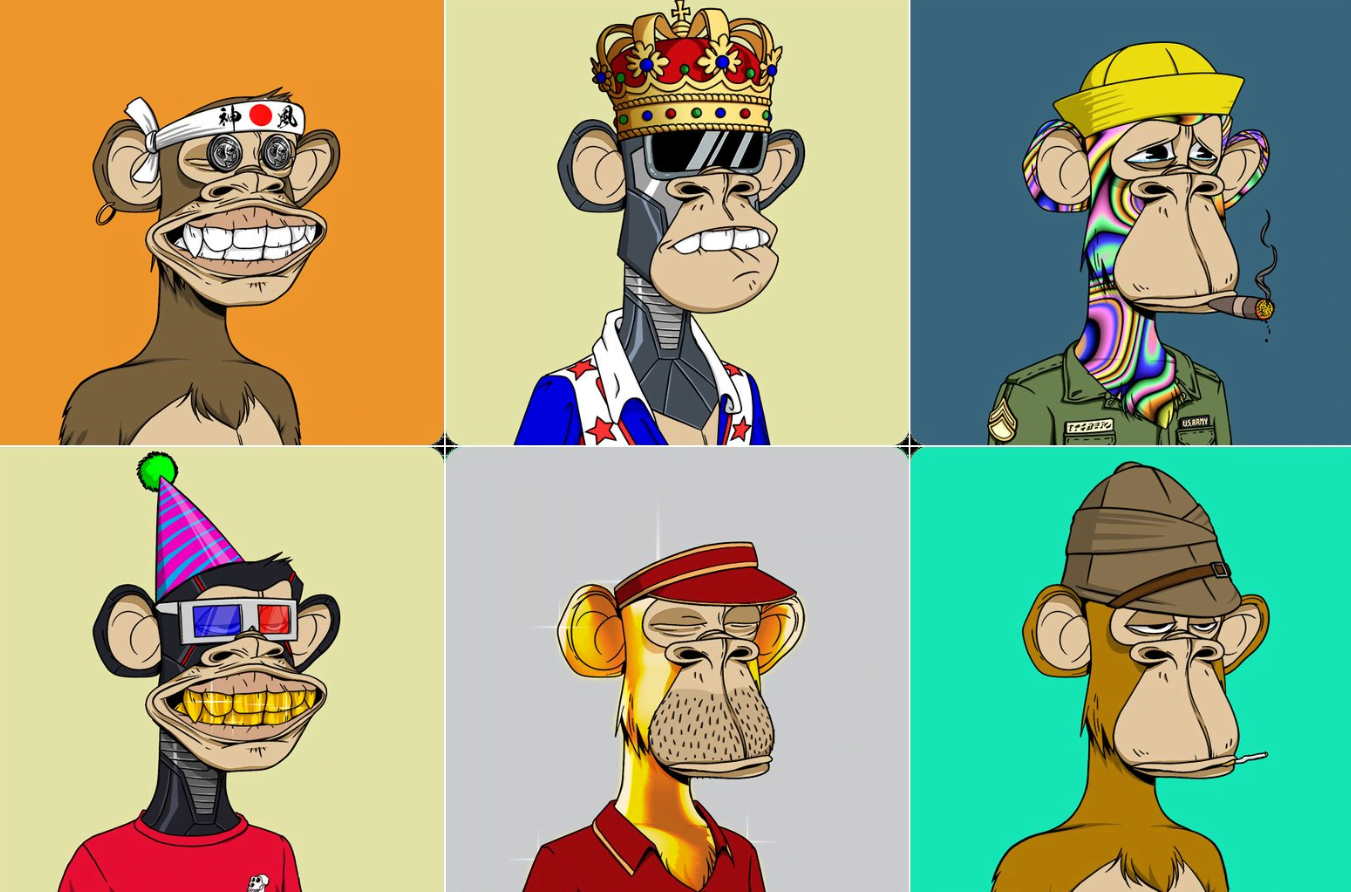
Diversification & Adaptability
Explore different artistic styles, themes, and formats. It is important to experiment and try new things. Stay adaptable to changing trends and preferences in the NFT market. Be open to experimenting with new ideas and formats. Diversifying your NFT portfolio can help you attract a wider range of collectors.
Pak is an anonymous artist who has created a wide variety of NFTs, including sculptures, paintings, and interactive experiences. His work is often experimental and challenging, and he has been praised for his innovative use of technology.
As the NFT space evolves, artists like “Fewocious” adapt their art style to match emerging trends and maintain relevance.
Legal and Ethical Considerations
Ensure that your NFTs don’t infringe on copyright or intellectual property rights. Being ethical and respecting the rights of others is crucial. The NFT community appreciates transparency. Clearly communicate details about your NFT, its creation process, and any associated rights.
“CryptoKitties” avoided copyright issues by creating original cat-themed artwork, steering clear of existing intellectual property.
Success in the NFT space can be unpredictable, and not all NFTs will sell immediately or at high prices. Building a sustainable presence and learning from your experiences will contribute to your long-term success as an NFT creator.
